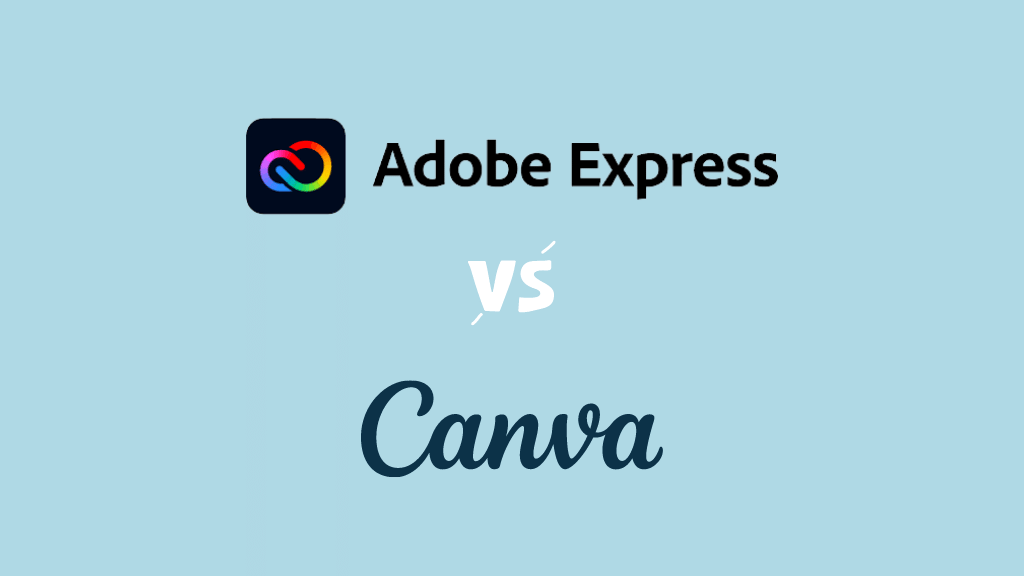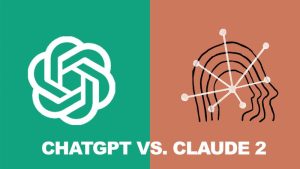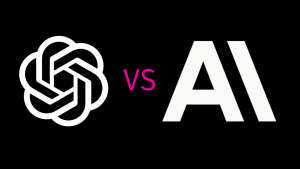ChatGPT Apps and Privacy: How Secure Are Your Conversations?
Introduction
ChatGPT apps have become essential tools for communication and productivity. They offer a range of functionalities, from casual chats to sophisticated business assistance. However, as these applications grow in popularity, privacy concerns also increase. Therefore, it is crucial to understand the privacy implications of using ChatGPT apps. This post will explore how data is managed, the potential risks involved, and effective strategies to protect your information.
Understanding ChatGPT Privacy
Data Collection Practices

ChatGPT apps collect various types of data to function effectively and enhance user experience. For example, these apps gather user input, conversation history, and metadata such as timestamps and device details. Consequently, this data helps improve the AI’s performance and provides context for interactions.
Specifically, these apps collect:
- User Input: This includes the text you type, which the app uses to generate responses and refine its accuracy.
- Conversation History: Storing previous interactions helps the app provide more relevant and coherent responses.
- Metadata: Information such as the time of interaction, device type, and network data assists in analyzing usage patterns.
Understanding these practices is crucial for evaluating how your data is handled and protected.
Data Usage and Storage
ChatGPT apps use the collected data to train and enhance AI models. By analyzing conversations, the apps improve language models and ensure that responses meet user needs. Moreover, some data may be stored to support long-term studies on AI performance and user interaction.
Data retention policies vary. For instance, some apps keep data only for a short period, while others might store it longer. Consequently, this variability can impact user privacy, especially if data is retained for longer than necessary or if security measures are lacking.
Privacy Concerns with ChatGPT Apps
Potential Risks
Using ChatGPT apps introduces several privacy risks, primarily related to data security. Key concerns include:
- Unauthorized Access: Sensitive information in your conversations might be accessed by unauthorized individuals through breaches or inadequate access controls.
- Data Breaches and Leaks: Cyber-attacks could expose private conversations. If sensitive information is involved, the impact could be severe.
These risks highlight the importance of understanding how your data is protected and what measures are in place to ensure its safety.
User Privacy Settings
ChatGPT apps often provide privacy settings to help users manage their data effectively. These settings may include:
- Access Controls: Limit who can view or interact with your data, thus enhancing privacy.
- Data Deletion: Options to delete conversation history or manage data retention help maintain control over your information.
- Notification Preferences: Settings to control notifications about privacy-related changes keep you informed about your data’s security status.
Familiarizing yourself with these settings and adjusting them to your needs can significantly enhance your privacy.
Tips for Enhancing Your Privacy
Using Encrypted Platforms
Choosing ChatGPT apps that offer end-to-end encryption is one of the most effective ways to enhance your privacy. Encryption ensures that only the intended recipient can decode your conversations, which significantly reduces the risk of unauthorized access. Therefore, opting for encrypted platforms is a proactive step towards protecting your data.
Regularly Updating Privacy Settings
Regularly reviewing and updating your privacy settings is essential to align with your needs and the latest security practices. Adjusting permissions, reviewing data-sharing settings, and enabling new security features will help keep your data secure. Thus, staying vigilant about privacy settings is crucial for maintaining protection.
Avoiding Sensitive Information Sharing
Even with robust privacy measures, avoid sharing highly sensitive or confidential information through ChatGPT apps. For instance, personal details, financial information, and other sensitive data can be exploited if exposed. Consequently, being cautious about what you share helps protect your privacy.

Conclusion
ChatGPT apps offer significant benefits, but they also come with privacy considerations. By understanding data collection practices, recognizing potential risks, and implementing effective privacy strategies, you can protect your information while enjoying the advantages of these powerful tools. Thus, staying informed and making conscious choices will ensure that your digital conversations remain secure.














1 comment